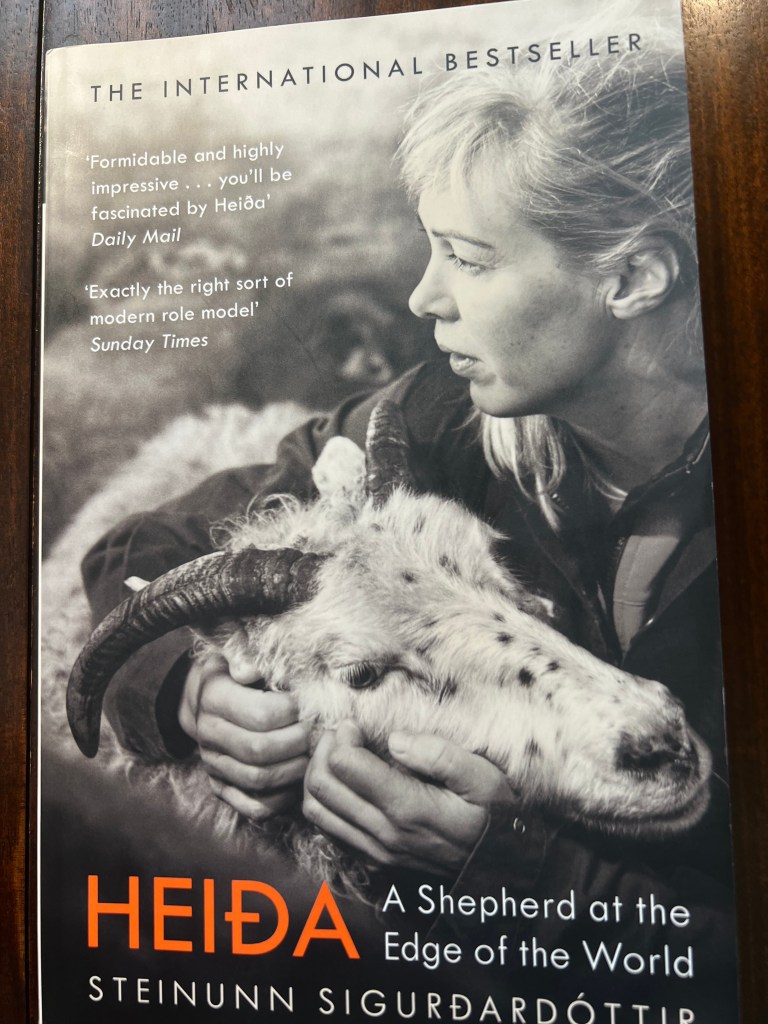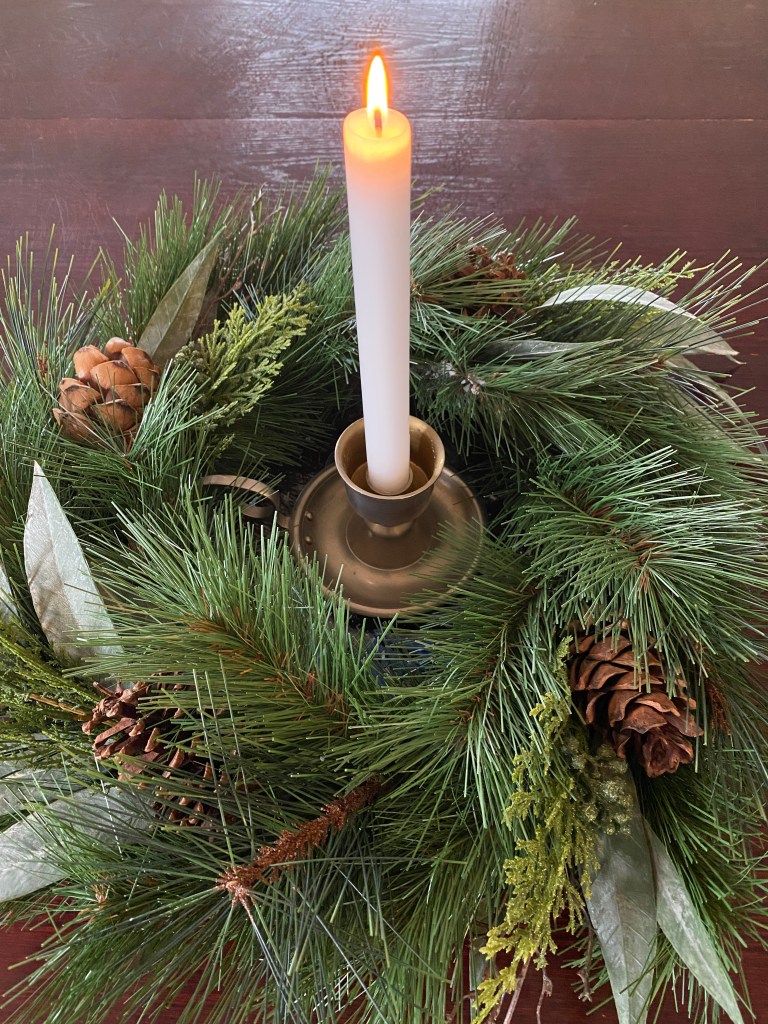There’s a funny meme I saw on Facebook about getting into heaven. The caption reads: “The Eternal Screening Process”. The scene depicts St Peter at the head of a cordoned off area, on one side, containing a waiting crowd of people. He consults his computer to check which one of the humans are ‘approved’ to enter eternal glory.
On the other side of the cordoned section is a wide-open corridor, where many dogs are running straight into heaven under a gate that reads: “Pre-Approved”.
So, if you are an animal person—someone who has pets at home or whose significant relationships are with animals—then the Christmas story is for you! Because several of the humans in this story are, frankly, a letdown:
The first roadblock the holy family encounters is a ‘No Vacancy’ sign hanging over the door to the Bethlehem Inn. There is no room for them here. There’s no place among humans for Mary to give birth to, to make room for, baby Jesus.
But the animals have room in their house, the stable, for the Lord. Their place becomes the holy site for Jesus’ birth. The animals are the heroes on the night Jesus was born. Maybe that’s why years later when Jesus told stories about the truth of God’s kingdom, he talked a lot about sheep.[1]
So, maybe the animals and those who cared for them—the shepherds—were always near and dear to Jesus’ heart. You could say that because of Jesus’ experience, God has a special forever-place in his heart for sheep and shepherds.
There are some ‘lost sheep’ in the congregation. Yes, literally. Small sheep figurines or stuffed animals, or ornaments, or cut-out wooden sheep for outdoor nativities—somewhere in sight, tucked away, or on a ledge, or hanging from something, or leaning against a wall. Ok! Those are all the hints I’m giving you!
I would ask the children in the congregation to find those sheep as quietly and as quickly as you can (there are 7) and bring them to the front where you can place them in the manger right beside Jesus where they belong.
After all, they need to go home. And they can take care of Jesus this Christmas night.
I’d like to introduce you to a modern-day shepherd. Her name is Heiða [pronounced ‘Hey-a’]. I first met her by reading the best-selling book, subtitled: “A Shepherd at the Edge of the World”.[2] Her job, as a farmer, is to raise and look after sheep. Some five hundred sheep.

Where do you think she does her shepherding job? What country? Here are a couple of hints: She does this in the last place on earth you would think shepherds do their job. And, while Heiða lives and farms at the edge of the world, her land has been farmed since the 12th century. Any guesses?
Her farm is located in Iceland. She says, “My land, which is vast by Icelandic standards, is mainly wilderness beyond the boundary of the highlands.”[3] There are no fences or walls surrounding this vast pastureland.
From the point of view of sheepherding, this is a significant detail. And might also explain why, in fact, there was room not in the inn but in the stable of Bethlehem. Perhaps not all the sheep were in the barn at the time, but rather out in the fields with the shepherds.
It’s a scary proposition for shepherds, and especially for Heiða whose hundreds of sheep will roam deep into the highlands and wilderness for weeks and months on end. Much of the book talks about how she and her neighbours will round up all the sheep at the end of the season—it’s an extensive, labour-intensive, time-consuming job. There’s lots of ground to cover! Some sheep get lost, indeed. But for the most part, year after year the shepherds herd all of their sheep back into the barns in time for winter.
In his story-telling Jesus implies we are sheep. So, let’s push that image further. Because if Jesus is the shepherd watching us flocks by night, he really does give us a lot of freedom to roam. It must take a very special God indeed to say to us: “Go. Go for a season. Be free. Make your choices. Explore the vast landscape. You’re on your own, for the most part and for a while. Take responsibility for yourself. And see you in a few months!”
We say God is in control. Well, in a metaphysical sense perhaps. Things we don’t really have any control over anyway – like where and when we are born, to whom we are born, what part of the world we are born into, and some of the big events of our lives. Yeah. We’re not in control, for sure. So, it’s good to say, God is.
But God is not in control of us. We are not puppets on a string. We are not forced to conform to others. No. Even though God is our God, our loving shepherd gives us the freedom to roam even at the proverbial “edge” of the world: being your own person, not trying to please everyone, not conforming to someone else’s expectations of you, pushing the boundaries of what’s possible, being creative, taking thought-out risks, changing things up when things need changing, being bold.
The good news is that no matter how far we go, with whom we roam, no matter the number of times we slip and fall, get stuck, get lost, we know one thing: We can count that the Good Shepherd will come and find us at the end of the season. We can trust God to bring us home when it’s time and especially in the night-times of our lives when it’s tough. We’ll never be lost forever. God will come for us, even in the darkest night.
We can echo the words of the Psalmist—
If I flew to the point of sunrise, or westward across the sea, your hand would still be guiding me, your right hand holding me.[4]
Heiða, in her book, talks about the biggest threat to her sheep: Do you know what that is? Hint: It’s been in the news a lot lately—volcanoes. The nearby volcano is called Katla. It erupts on average every fifty years. She lives and works these days expecting the old volcano to erupt and disrupt her efforts to keep the sheep safe.
When Jesus was born, the biggest threat may not have been a local volcano. It was King Herod, but just as volcanic was he in his efforts to kill any threats to his power. Jesus was born, amidst the animals, at a time when the world was under siege.
But we know how the story ends. Come back at Easter time to hear that one. Spoiler alert: In the end, the good guys win.
But for now, at this time of year when the nights are long and we groan under the weight of all the things that threaten, discourage, and dampen our spirits, be rest assured that we will again hear the voice of, and see, our loving shepherd coming over the hill to gather us back home.
[1] For example: “I am the shepherd, you are the sheep” (John 10:1-18); the lost sheep (Luke 15:1-7); the goats and the sheep story (Matthew 25:31-46).
[2] Steinunn Sigurðardóttir, translated by Philip Roughton, “Heiða: A Shepherd at the Edge of the World” (London: John Murray Publishers, 2020).
[3] Ibid., p.2.
[4] Psalm 139:9-10 (trans. Jerusalem Bible)




